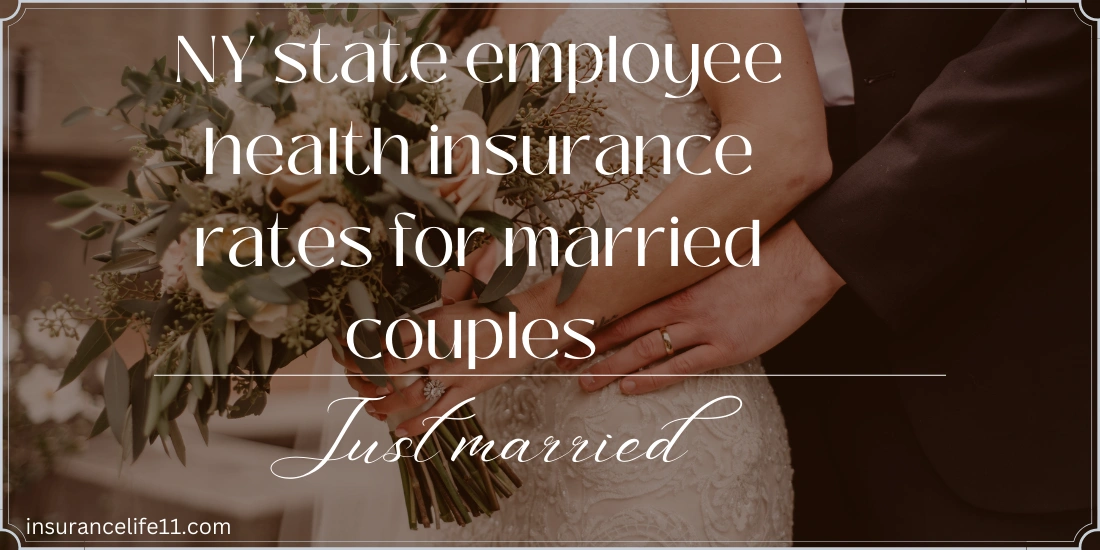The Risky Reality of Running a Small Business
Introduction
Running a small business is no easy task. Every day, you pour your heart and soul into your work, driven by passion and trust to make a difference. This highlights the importance of being prepared for the unexpected, especially when it comes to Business Insurance for Small Businesses, Protecting Your Passion and Your Future.
You’ve finally opened the doors to your dream café
Business is booming, and your loyal customers can’t get enough of your delicious drinks and homemade pastries. But one morning, you arrive to find that a fire has devastated your kitchen. Without insurance, the costs of repairs, lost revenue, and potential lawsuits could be overwhelming. This scenario is not uncommon; it’s a reality many small business owners face.
The Harmful Effect of Being Helpless
The consequences of lacking adequate business insurance can be severe and long-lasting. Let’s explore some real-world examples to illustrate this point.
Importance
As a small business owner, you invest countless hours and resources into your venture, striving to turn your passion into a successful enterprise. However, despite your best efforts, unforeseen events can occur, putting your business and personal investments at risk. This is where business insurance becomes essential, serving as a crucial safeguard to protect your business, employees, and investments from unexpected challenges.
Why Small Businesses Need Insurance
Small businesses are particularly vulnerable due to their limited resources and unique threats.
New version:
Without adequate insurance coverage, a small business could face significant financial challenges, including severe damage and even closure.
Here are some key reasons why small businesses need insurance:
- Liability Protection: Accidents can happen, and customers or employees may seek compensation for damages. Liability insurance safeguards your business from financial losses resulting from such claims.
- Asset Protection: Business insurance protects your assets, including property, tools, and inventory, against damage, theft, or loss.
- Business Interruption: Insurance can provide financial support during unexpected interruptions, allowing you to continue operations and meet financial obligations.
- Employee Protection: Workers’ compensation insurance protects your employees in the event of work-related injuries or illnesses.
- Reputation Protection: Insurance can help mitigate reputational damage by providing clear guidance and support in difficult situations.
Case Study:
A Boutique Nightmare
In 2018, a small boutique owner in California faced a devastating situation when a customer slipped and fell inside the store, leading to a lawsuit. The owner lacked general liability insurance, which would have covered legal fees and associated costs. The court ruled in favor of the plaintiff, and the boutique was forced to pay a substantial settlement. This financial burden ultimately led to the closure of the boutique, which had been thriving for several years.
Data-Driven Awareness
According to the Insurance Information Institute, the average cost of a slip and fall claim is nearly $20,000. For small businesses, this amount can be devastating. Additionally, data from the Federal Emergency Management Agency (FEMA) indicates that 90% of small businesses fail within a year if they cannot assess their operations within five days following an accident. These statistics underscore the critical need for small business insurance. Without it, financial troubles, legal issues, and the overall viability of your business are at risk.
Solution:
The Safety Net of Business Insurance
Business Insurance for Small Business is not just a safety net; it’s an investment in the longevity and stability of your business. It allows you to concentrate on growth and innovation, knowing that you’re safeguarded against unforeseen events. Let’s explore the key types of insurance that every small business owner should consider.
-
General Liability Insurance
This is the most fundamental type of insurance for any business. It covers claims of physical injury or property damage caused by your business operations, products, or services. For instance, if a customer slips on a wet floor in your store, general liability insurance will cover their medical expenses and any legal fees if they decide to sue.
-
Property Insurance
Property insurance protects your assets, including your building, equipment, inventory, and furniture. In the event of a fire, theft, or other disaster, property insurance ensures that you can repair or replace your damaged items, minimizing downtime and financial loss.
-
Business Interruption Insurance
Imagine a situation where a natural disaster forces you to temporarily close your doors. Business interruption insurance covers the loss of income during this time, helping you pay bills, salaries, and other expenses. This coverage is essential for maintaining cash flow and ensuring your business can recover quickly.
-
Workers’ Compensation Insurance
If you have employees, workers’ compensation insurance is required in most states. It covers medical expenses and lost wages if an employee gets injured or becomes ill due to their job. This not only protects your employees but also shields your business from potential lawsuits.
-
Professional Liability Insurance
Also known as errors and omissions insurance, professional liability insurance is essential for service-based businesses. It covers legal costs and claims that your professional advice or services caused financial harm to a client. For instance, if you’re a consultant and a client suffers a financial loss due to your poor advice, this insurance will cover the legal expenses and any settlements.
-
A Comprehensive Policy
A comprehensive insurance policy tailored to your business needs can be the difference between weathering a storm and closing your doors. Here’s a closer look at how different types of insurance work together to protect a small business.
Case Study:
The Resilient Restaurant
Consider a small, family-owned restaurant in Florida. The owners, well aware of the storm risks, invested in property insurance, business interruption insurance, and general liability insurance. When Hurricane Irma struck in 2017, their restaurant sustained significant damage. However, their insurance covered the repair costs and provided income during the months it took to rebuild. They also had general liability insurance, which protected them from a lawsuit when a customer slipped on a wet floor caused by storm damage.
Practical Steps to Secure Your Business
Securing the right insurance for your small situation involves single hard-nosed steps. Here’s how you can get started
- Assess Your Risks: Identify the right risks linked with your business. Consider factors like your industry, location, and concern operations.
- Researched Insurance Providers: Look for respectable insurance providers with have in your industry. Liken reporting choices and prices.
- Consult an Insurance Agent: An experienced insurance dealer could help you learn your options and guide the best reporting for your business.
- Review Your Coverage Annually: As your concern grows and develops, so do your insurance needs. Study your reporting annually to check it still meets your needs.
- Educate Your Employees: Make sure your employees learn the intelligence of insurance and their role in supporting a safe and painless workplace.
Conclusion
Business Insurance for Small Business is a journey filled with tasks and hits. While you could not expect the next you could grow for it. Business insurance provides the certificates and peace of mind you need to focus on what matters most developing your concern and helping your customers. By supporting the right insurance coverage, you’re not just protecting your buy you’re protecting your passion, your employees, and your future. Don’t wait for power to hit take active steps today to check your concerns could bold any storm and keep growing for years to come.









